Dr. Zachary Porcu
Author / Professor / Catechist
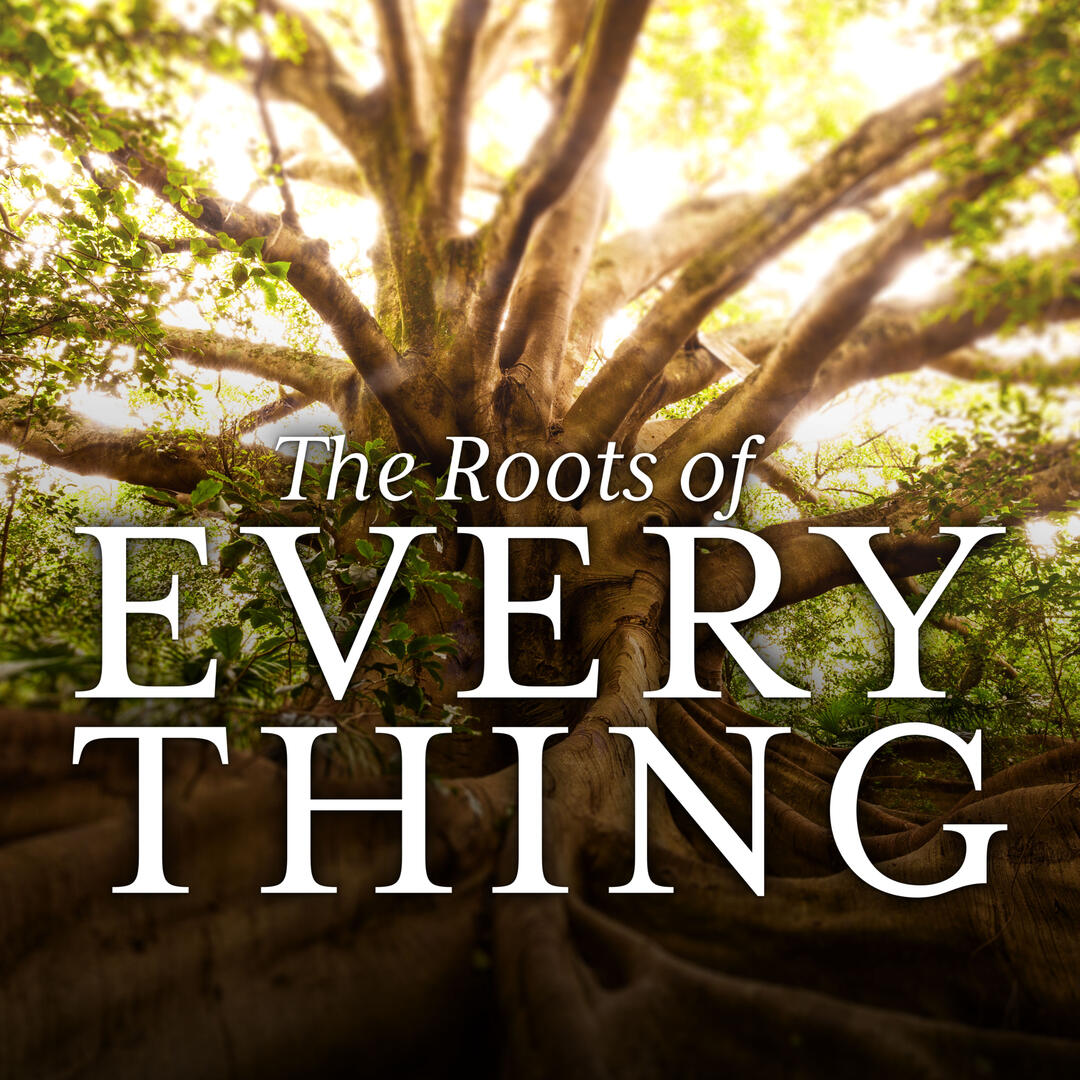
LISTEN TO THE PODCAST:
The Roots of Everything:
Ideas that Made Your World
Everything about our modern world—our definitions of freedom, economics, relationships, spirituality—first took root in the distant past as powerful ideas born from the greatest thinkers in human history. We can't really understand the world we live in today until we understand the influence of these powerful forces. Join Dr. Zac on a tour through the garden of history where we uproot the great ideas of the past so you know exactly what they are and how they influence you today.
READ THE BOOK:
Journey to Reality:
Sacramental Life in a Secular Age
Most books aimed at introducing Orthodoxy to the non-Orthodox begin by explaining basic points of doctrine and practice that differ from what the average reader may be familiar with. But for the average American, this approach doesn't go deep enough. In order to be able to fully understand Orthodox doctrine and practice, we have to unlearn an entire secular worldview and become participants in a sacramental worldview instead—a worldview that embraces reality as it truly is. Dr. Zachary Porcu provides a guide to this process that is easily accessible both to Western Christians and to those who lack any grounding in the Christian Faith.
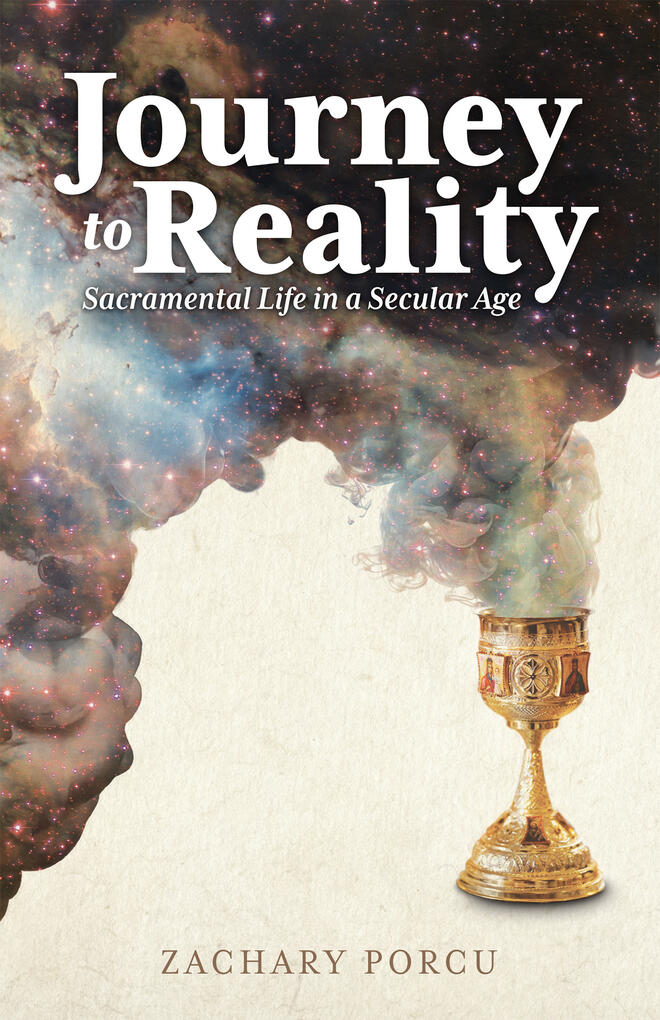
Do you want to be emailed when I publish new books or other media?
Watch the catechism lectures.
Listen to the weekly podcast.
Stay up-to-date on news.
Participate on our online community.
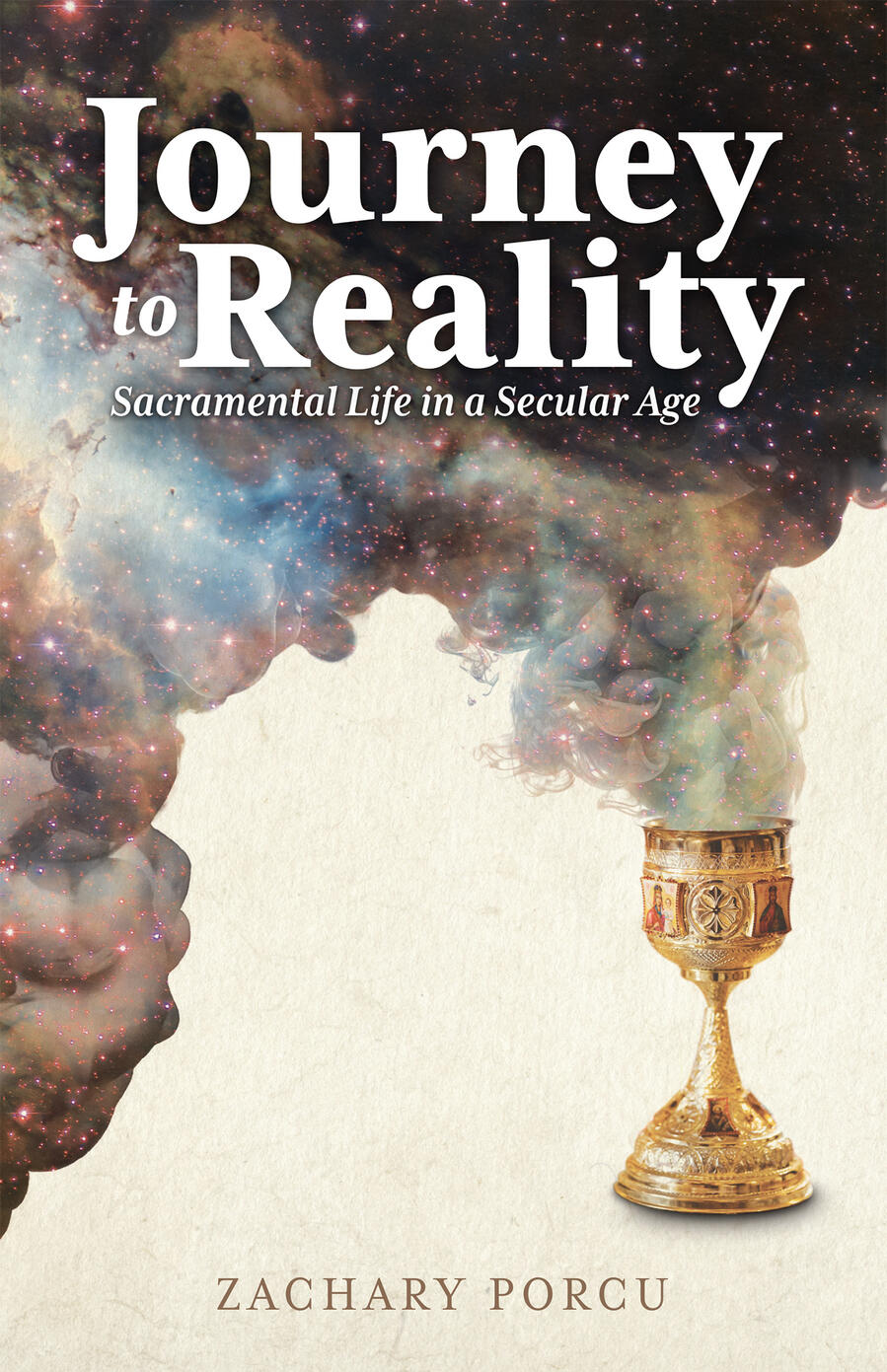
Available for purchase on:
Amazon | Ancient Faith | Audible
Praise for Journey to Reality:
"It might seem a straightforward task to teach basics to new Christians, but in our time when all narratives are being contested, none can be taken for granted...For some, this time of contest means an almost hopeless future lies ahead, with Christendom declining around us. But for Dr. Zachary Porcu in Journey to Reality, taking nothing for granted means the possibility of presenting a clear, hopeful framework for the core of thinking and behaving as Christians. Both catechists and new (or renewed) Christians will want this accessible book to help guide their way."
— Fr. Andrew Stephen Damick
"An inquirer into Christianity could read a dozen works on the faith and still not encounter the insights found in this genial gem of a book."
— Dn. Nicholas Dujmovic
"...a refrershing and accessible style of writing...remarkably concise... The book will open new vistas on Orthodoxy for those already experienced with the faith, and it will help inquirers appreciate the heavenly riches that await them in the Church."
— Fr. John Strickland
"Dr. Zac Porcu...has immersed himself both in the Holy Fathers and in the humanist Zeitgeist. As such, he is able to competently assist God-seekers in bridging the gap from the emptiness of post-Christian culture to the mind of the Church."
— Fr. Josiah Trenham
"...an Orthodox version of Mere Christianity—concise, clear and profound. An instant classic."
— David Hanegraaff
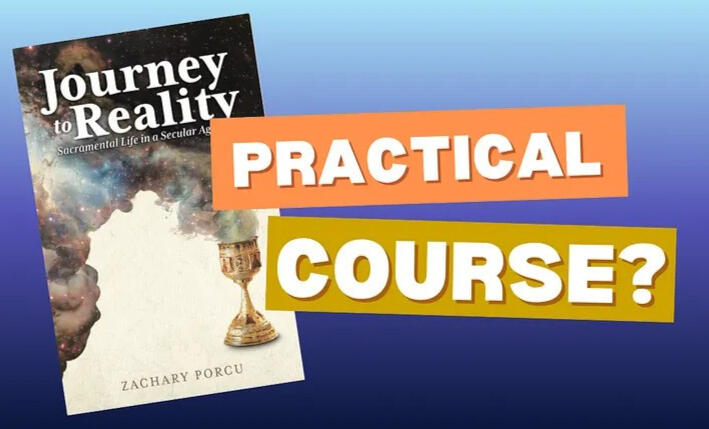
Loved the Book? Take the Course
Dr. Zac is offering an online course for uprooting our secular assumptions, re-enchanting our imaginations, and making the wisdom of the Fathers practically applicable in our hectic, modern-day lives.The course is scheduled to debut in late 2025.Click here to participate in the pre-course survey.
Click here to subscribe for updates about the course.
Subscribe to a newsletter where you get occasional updates on the podcast, my stand-alone videos, recent articles, and new publications.
Latest Videos:
Stay in Touch
Subscribe to a newsletter where you get occasional updates (no more than once per week) on the podcast, my stand-alone videos, recent articles, and new publications.
Updates a few times a month on my content, videos, and publications.
Announcements about sign-ups for my online classes and other new material.
Normally the podcast runs for 4 weeks and takes a 2-week break between series blocks. You will gain access to exclusive content during the two weeks off:
Week 5: access to the Bonus Episode for that series and all previous series' bonus episodes.
Week 6: access to a stand-alone episode on pop-culture topics, from films to games to anime (plus the archive of all previous pop-culture episodes).
Access to my weekly spiritual reflection articles where I read, recommend, and comment on the Church Fathers.
Be a Producer
$10
per month
Be part of a monthly livestream and get a say in what sort of content we explore on the show.
Monthly livestream discussion with me and other members of the community.
You can request show topics, ask questions, and give input that will directly shape the content of the show and my other work as I produce it.
Early access to my written work with the opportunity to provide feedback.
Stay in Touch
$0 (free)
per month
Subscribe to a newsletter where you get occasional updates (no more than once per week) on the podcast, my stand-alone videos, recent articles, and new publications.
Updates a few times a month on my content, videos, and publications.
Announcements about sign-ups for my online classes and other new material.
Support My Work
$3
per month
A small but impactful way to support the work that I do, both in the Roots of Everything and my other projects, such as writing the sequel to Journey to Reality.
Vote on future show topics for The Roots of Everything.
Get opportunities to give input about my videos and publications.
Help me continue producing content for you while supporting my family.
Get Bonus Content
$5
per month
Access to the Fifth Episode of every Roots of Everything series.
Access to the Week 6 Bonus Episode on pop culture connections and other miscellaneous topics.
Access to my weekly spiritual reflection articles and commentary on the Church Fathers.
Already Subscribed?
I am a freelance writer and editor. Do you have a project?
I give talks. Want me to speak at your event?
I answer questions. What do you want to know?

What content are you producing?
I run an podcast on the history of ideas and how they Get bonus episodes of The Roots of Everything during the two-week break between series blocks.
Participate in monthly livechats with me where we explore your questions and interests.
Access my weekly posts and video reflections on the Church Fathers and other spiritually edifying material.
Participate in the growing community, vote on new show topics, and make requests about future content.
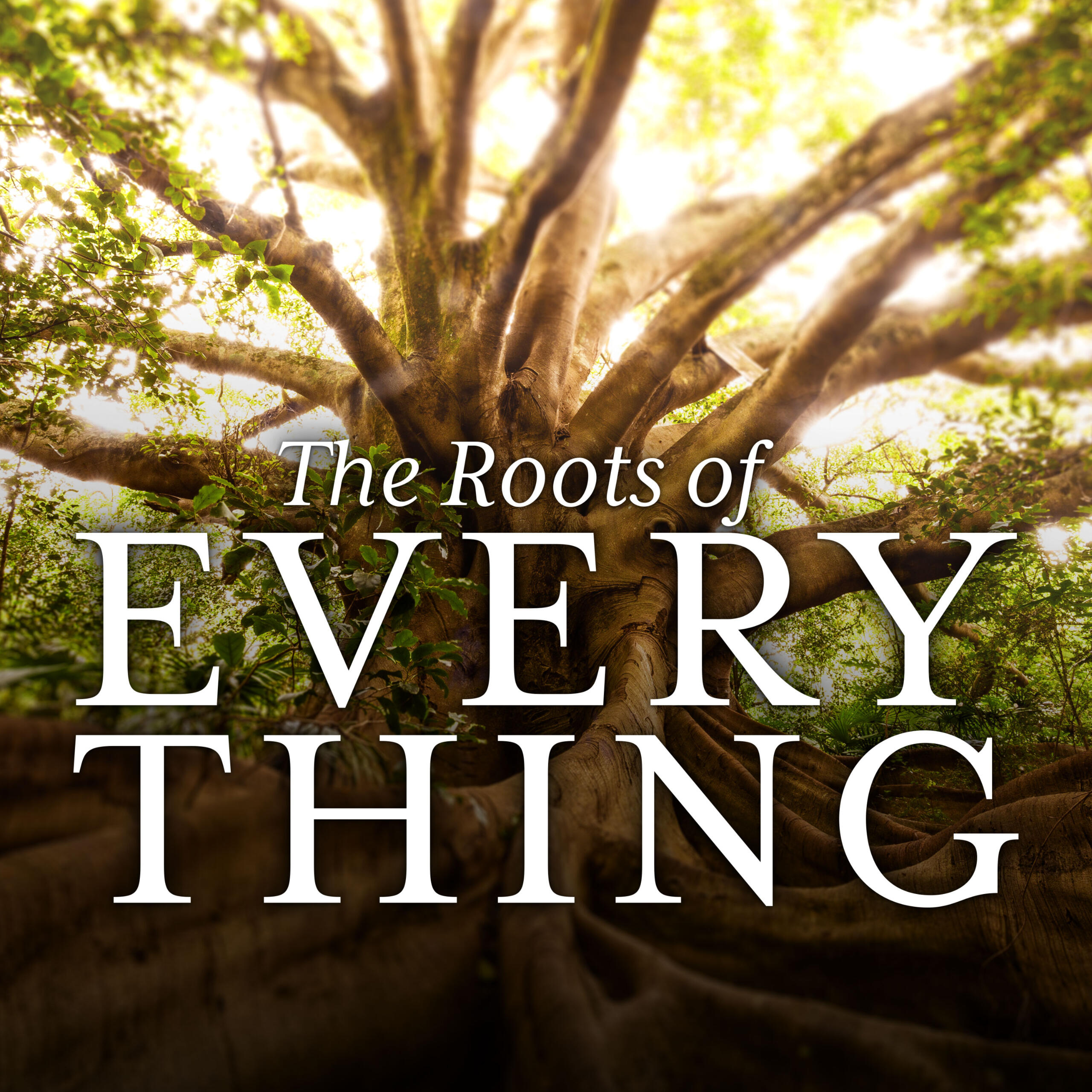
The Ideas that Made Your World
Live every Monday at 1pm Pacific on YouTube and Substack.
About
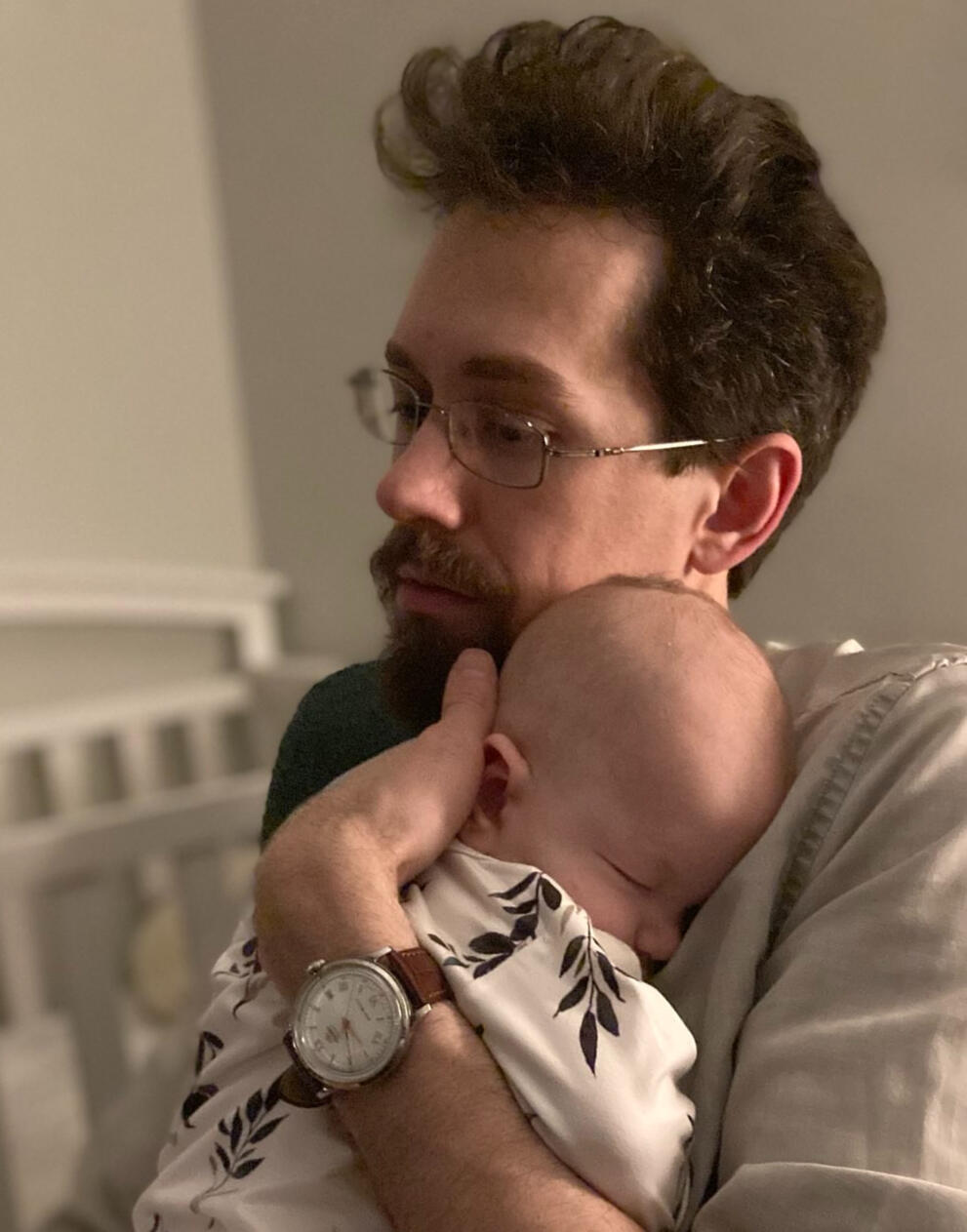
Zachary Porcu is the author of Journey to Reality and the host of the podcast The Roots of EverythingZachary earned his PhD in Church History at the Catholic University of America under the direction of Robin Darling Young. He holds additional degrees in Philosophy, Classics, and Interdisciplinary Humanities and has taught Greek, Latin, history, philosophy, and theology at private schools and universities on both the East and West coasts.Zachary is a catechist at St. Andrew's Orthodox Church in Riverside, an editor at St. Vladimir Seminary Press, and a lecturer at St. Athanasius College.
Contact Me
Guest Appearances
Journey to Reality – Ancient Faith Today Live
Sacramental Life in a Secular Age – Hank Unplugged Podcast
Acquiring the Mind of the Church – Gospel Simplicity
What is a Sacrament? – the Orthodox Christian Podcast
Meet Zachary Porcu - Everyday Orthodoxy
Sacramental Truth v. Secular Chaos - James D. Newcomb Podcast
Christian Roots in Secular Thought – Irida TV
Why Young People Are Losing Their Faith – Patristic Nectar Films
The Orthodox Vision of Reality – Seraphim Hamilton
Conferences and talks
Pop Articles
"Renaissance for the Art of Storytelling" – Beck and Stone’s Created
"The World Feminism Created is the Opposite of What Makes Women Happy" – The Federalist
“How Upending Its Hidden Assumptions Can Deepen Your Read Of Science Fiction” – The Federalist
"Are There Aliens in the Bible?" – Holy Ground
"Samyaza and the Fall of the Angels" – Holy Ground
Class Lectures